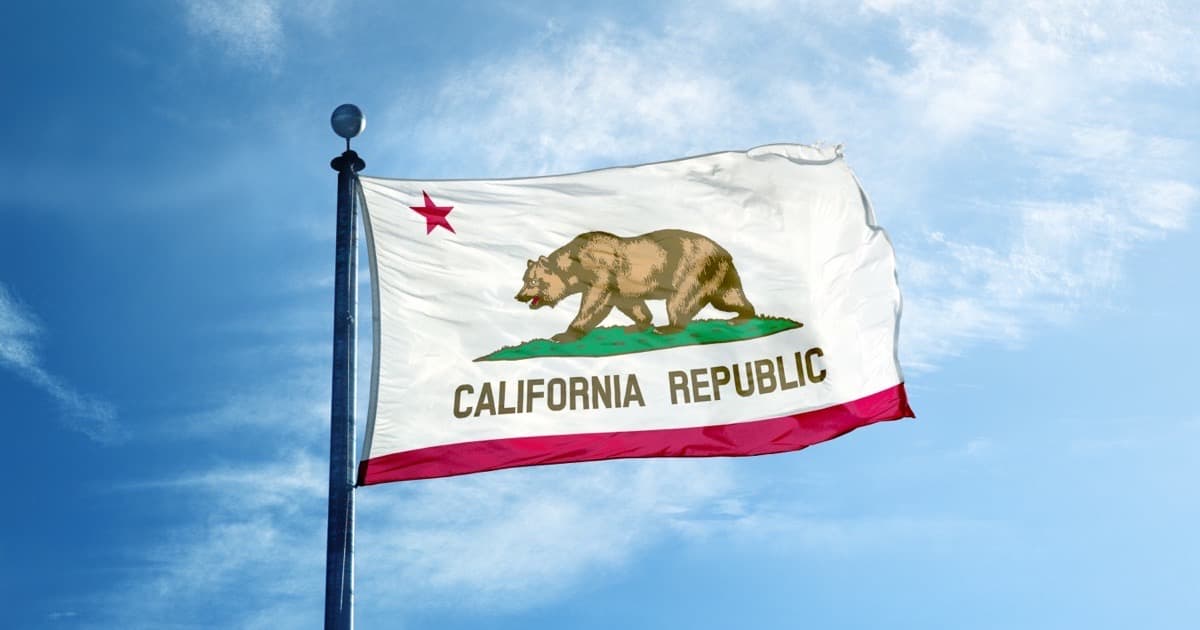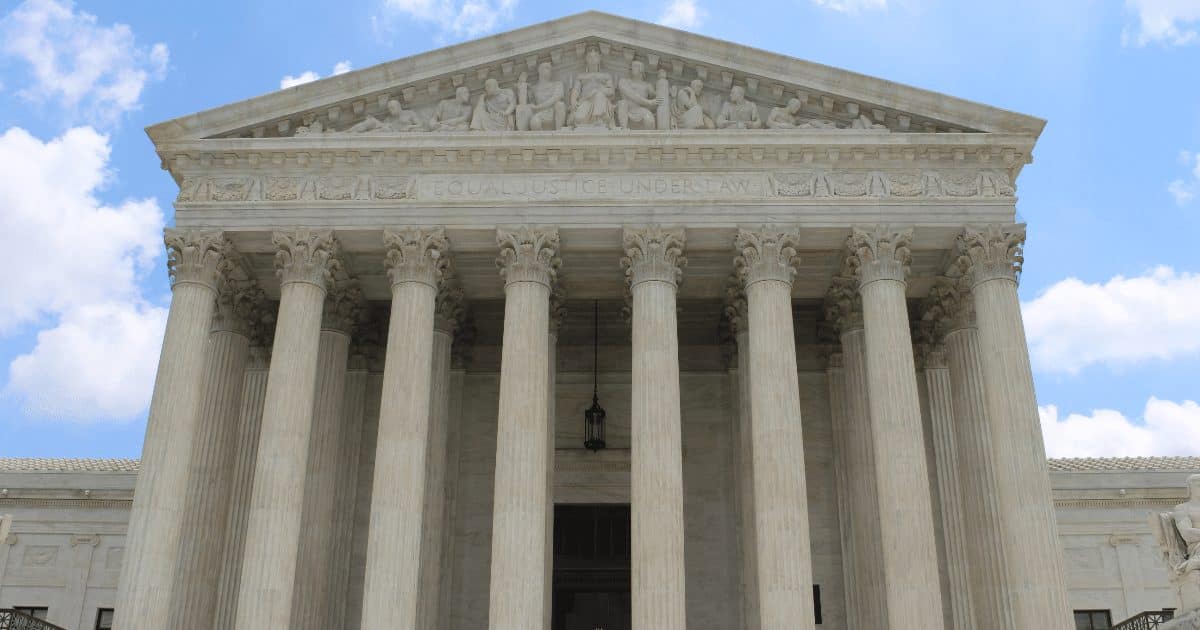Telecom lobbyists in California have lost a case to attack net neutrality law SB 822, considered the strongest such law in the U.S.
The California net neutrality law is now clearly enforceable, and bars telecom companies from blocking, throttling, and paid prioritization, abusing their gatekeeper power in interconnection, or engaging in “zero rating” scams. The court’s decision also clearly paves the way for other states to impose their own net neutrality protections.









